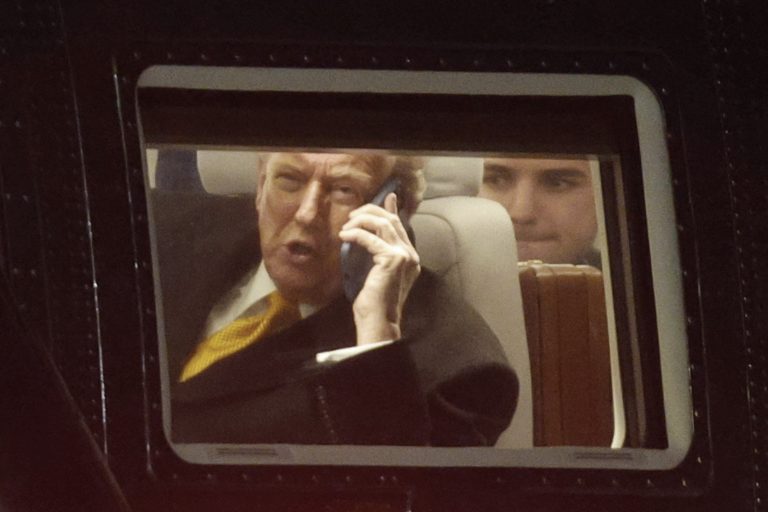House Democrats believe there will be overwhelming support from Republicans on an inevitable floor vote on a bill that would compel the Justice Department to quickly release materials related to the late convicted sex offender Jeffrey Epstein.
Speaker Mike Johnson is scheduled Wednesday afternoon to swear in Rep.-elect Adelita Grijalva, an Arizona Democrat whose addition to the House will provide the 218th vote on a so-called discharge petition — a procedural maneuver that allows rank-and-file members to end-run leadership and force the vote on legislation, in this case the measure demanding the release of the Epstein files.
Assuming the bill gets passed in the House, it would still require approval by the Senate and to be signed into law by President Donald Trump. Senate GOP leaders have not guaranteed they would hold a vote in their chamber.
But Rep. Ro Khanna (D-Calif.), the co-sponsor of the bill with Rep. Thomas Massie (R-Ky.), told reporters Wednesday he believed “40 to 50” Republicans would join Democrats in supporting the bill in the House.
“If we get that kind of overwhelming vote, that’s going to push the Senate, and it’s going to push for a release of the files from the Justice Department,” Khanna said.
Trump officials are still waging an intense pressure campaign to get at least one of three House Republican women to remove their name from the discharge effort, according to two people granted anonymity to share private conversations. If that push is successful, it would complicate efforts to get the measure on the floor in the first place, as Republicans are more likely to vote in favor of the legislation itself than they are to sign onto a discharge petition seen as an outwardly antagonistic gesture toward leadership.
Democrats’ optimism is growing, though, following the release of an explosive new email suggesting that Trump knew of Epstein’s sex trafficking activities. That correspondence was singled out by Democrats on the House Oversight and Government Reform Committee, part of a huge tranche of files from the Epstein estate the panel rolled out Wednesday. Republicans have claimed Democrats were selectively releasing the materials as part of an effort to damage Trump.
Rep. Robert Garcia (D-Calif.), the top Democrat on the Oversight panel, maintained that his team publicized key documents as soon as they were able to review the trove of new materials.
“It’s always interesting that Republicans … only when we release a certain batch, will they then follow up and say, ‘Oh, you shouldn’t release that,’” he told reporters.
Garcia said he had “talked to numerous Republicans that are planning to vote ‘yes.’”
House Judiciary ranking member Jamie Raskin of Maryland said in an interview that the new materials confirmed long-held suspicions among Democrats about Trump’s ties to Epstein.
“Of course, Donald Trump knew what was going on,” Raskin said. “Jeffrey Epstein was his best friend, and there’s a reason that they flocked together.”
Trump has denied wrongdoing in relation to the Epstein allegations. No evidence has so far suggested that Trump took part in Epstein’s trafficking operation. The president also has maintained that he and Epstein had a falling out years ago.
Meredith Lee Hill contributed to this report.

